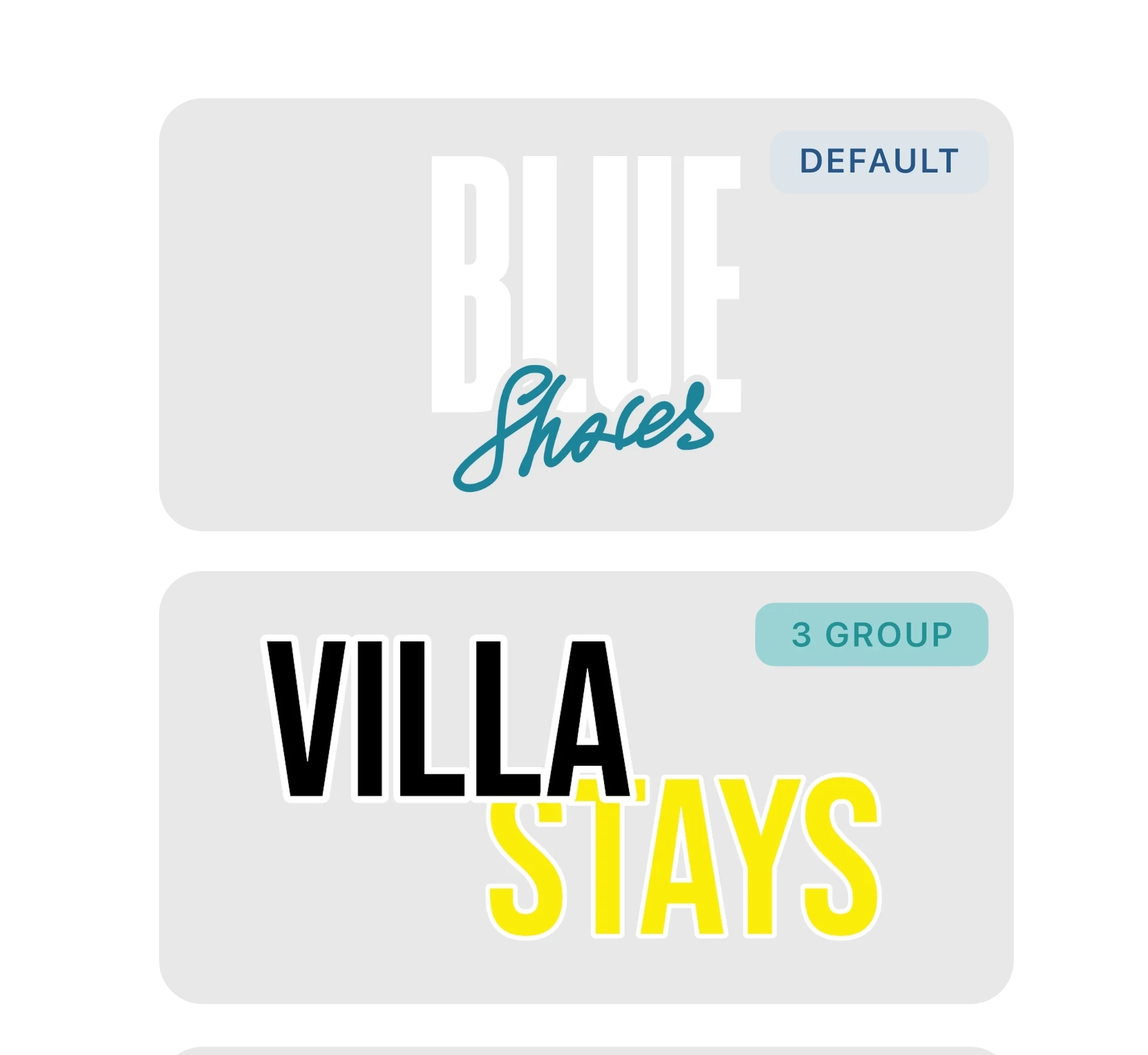AI-Powered Guest
for Hospitality Pros
Boost revenue per guest, unify messaging, and let AI handle the heavy lifting for you and your team.
Automate guest checkin with the Boarding Pass.
Automate Guest Messaging
NEW
Track progress with To-Do, Follow-Up, and Resolved states. Snooze conversations for later and auto-archive them after checkout, so nothing’s missed and you can focus on what matters.

Track Guest Insights
Easily add private, in-line notes to guest conversations, visible only to your team. Plus, access a dedicated tab with every note saved for that guest in one place
Centralize All Channels
Connect with guests anywhere - OTAs, email, sms, WhatsApp - all from one place.
Automate and Scale
Automate messages, tasks and tagging to streamline operations. Let AI AutoPilot answer the repetitive stuff. Clearly outline what messages should send and when, throughout the entire guest journey.
Hear about cost benefits to automate guest messaging.
Insights & Reporting Dashboard
NEW
Track, analyze and manage your guest interactions in real time. Get valuable insights about your guest experience performance.
Multiple Brands
Manage multiple brands, run a franchise, use different PMS systems, or payment processors & centralize the guest experience in one platform.

Webhooks & Downloadable Data
Easily add private, in-line notes to guest conversations, visible only to your team. Plus, access a dedicated tab with every note saved for that guest in one place
CRM
Leverage your guest data to drive direct bookings and 5-star reviews with simple campaigns and powerful CRM features.
You don't need to hire more if you build smart guest automations.
ROI Guarantee
64
Days to ROI
20.5X
Cash ROI on Enso Connect
40hrs
less time per week spent on pre-arrival comms
Our partners & integrations
We seamlessly connect everything you need, from property management systems, to smart devices and experience partners, in one platform.
Get Pricing Now
Get tailored pricing for your business.
Our Impact at a Glance
Built for scale - empowering hospitality pros to grow revenue and elevate guest experiences globally.
Listings
50K+
Guest Processed
10M+
Countries
60+
Integrations
30+
Upsell Revenue Earned by Enso Pros
$35M+
Enso delivers fast ROI & pays for itself
Hear from Enso pros who see quick ROI, cover costs, and boost revenue
Learn how the Boarding Pass helps you create seamless guest journeys.




































































